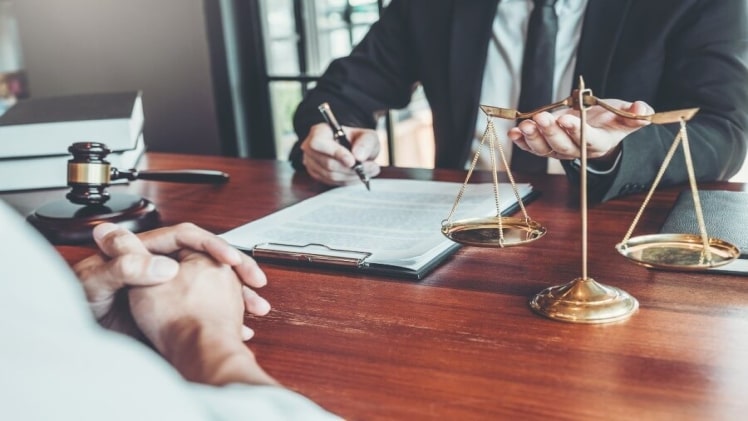Client privilege is one of those legal terms that gets blown out of proportion. However, few injury survivors are completely aware of the advantages of their status. This safety is necessary when victims seek compensation for their losses through a personal injury claim. Clients want to know because whatever they tell a lawyer will be kept private.
There is a risk that confidential or case-related information will end up in the wrong hands. Originally, the purpose of attorney-client privilege was to prevent an attorney from giving testimony against a client based on information the client told them in personal discussions.
Clients can feel more comfortable being open about every detail relevant to their case because this privilege protects them. To know more, check this out.
What does privileged mean?
The confidentiality of detailed details is shielded by privilege. The court cannot compel you to reveal classified info in court until there is a justifiable legal reason. Correspondingly, the other party cannot provide the details during discovery. Your lawyer must be fully informed about your case. This includes your injury problems and how they affect your daily life. The attorney must be conscious of every detail of the accident and how it did result in your injury.
If your attorney lacks complete information about your case, it may impact the legal and strategic plan to seek compensation for injuries. Therefore, throughout settlement negotiations or at trial, your attorney should not learn pertinent data about your case.
As previously stated, in a personal injury case, attorney-client privilege begins the moment you contact an attorney or one‘s legal team. Even if you do not hire the attorney you meet, your discussions are kept private and cannot be disclosed to anyone else.
Attorney Client privileges can be exploited via –
- A lawyer can use highly classified information and keep a client from committing a crime or avoid certain death or serious bodily harm.
- A lawyer may also disclose confidential information that is needed to shield their interests, such as – To obtain advice on if they have complied with expert conduct rules or to defend against an action, To set or collect their fee, or to comply with the other laws or court order.
Exceptions – If a lawyer represents two or more parties in a legal issue, neither party can assert attorney-client privilege against either in subsequent litigation arising from the joint representation.
- The shareholders of a corporation may breach the attorney-client privilege between the corporate entity and its legal counsel.
In personal injury law, the lawyer-client connection is aimed at safeguarding clients and receiving the best legal representation. On the other hand, clients have various duties and responsibilities to ensure the success of their cases. Be truthful with your lawyer.
Your lawyer must comprehend the facts of the matter, irrespective of who they appear to favour, and most importantly, Keep your lawyer up to date on any changes. If your health condition changes and new evidence emerges, you must interact with it as soon as possible.
Conclusion
In simple terms, privileged interaction protects the privacy of interactions between two parties entitled to a private, shielded relationship under the law. Privilege is a legal right that enables people to resist the compulsory disclaimer of data and records.
Hence a client must understand the ins and outs of a privilege before starting with the case, and therefore Check this out and seek assistance from experts to gain knowledge about this topic.

